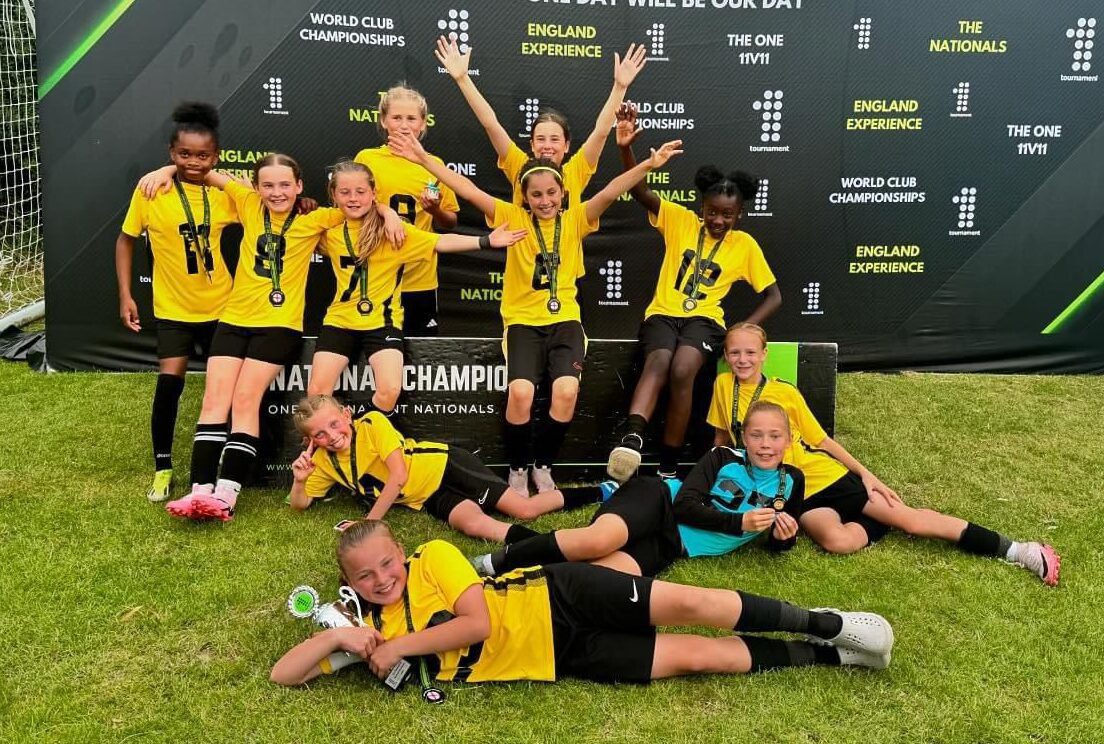Participating in a football tournament requires strategic preparation, physical readiness, and mental toughness. Whether you are coaching a youth team, an amateur squad, or a professional side, ensuring your players are well-prepared can make a significant difference in their performance.
This guide outlines the essential steps to help your team get tournament-ready, covering everything from training and tactics to nutrition and mental preparation.
1. Develop a Tournament-Specific Training Plan
A structured training plan is essential in the weeks leading up to the tournament. Training sessions should focus on fitness, technical skills, and tactical awareness to ensure players are physically and mentally ready.
Key Training Areas to Focus On
- Endurance and Stamina – Players should undergo high-intensity interval training (HIIT) to build match fitness and sustain energy levels throughout the tournament.
- Technical Drills – Regular practice on passing, dribbling, ball control, and shooting will sharpen individual and team skills.
- Tactical Strategies – Training sessions should cover different formations, attacking and defensive tactics, and set-piece routines.
- Match Simulations – Organizing friendly matches will help players adapt to game situations, build chemistry, and improve decision-making under pressure.
It is recommended to reduce training intensity three to four days before the tournament to allow players to recover fully before match day.
2. Optimize Fitness and Conditioning
Football tournaments require high levels of endurance and strength, especially if multiple games are played in a short period. Players must work on their physical fitness, agility, and speed to maintain peak performance.
Conditioning Plan
- Strength and agility training should focus on explosive power, quick turns, and flexibility.
- Speed drills will improve acceleration and overall pace.
- Recovery workouts such as stretching and mobility exercises will reduce the risk of injuries.
Hydration and rest are equally important. Players should drink plenty of water and ensure they are getting at least seven to nine hours of sleep per night to maximize recovery.
3. Develop a Tactical Game Plan
Understanding the strengths and weaknesses of your team and potential opponents is key to developing an effective strategy. Coaches should analyze tournament rules, match formats, and opposition playing styles to formulate the best tactical approach.
Key Tactical Aspects
- Choosing the right formation based on the squad’s strengths and weaknesses.
- Implementing pressing strategies and counter-attacks to suit the style of play.
- Assigning clear roles and responsibilities to each player.
Conducting video analysis of past matches can help identify areas that need improvement and reinforce successful strategies.
4. Prepare for Different Match Scenarios
Tournaments often bring unpredictable challenges. Teams should be prepared to adapt to various game situations, whether they are leading, trailing, or facing a penalty shootout.
Scenario-Based Training
- Practicing defensive strategies when holding a lead.
- Training for high-pressure attacking situations when behind in the game.
- Simulating penalty shootouts to help players stay composed under pressure.
Mental resilience is critical, and players should be encouraged to stay focused and confident in any match scenario.
5. Focus on Proper Nutrition and Hydration
A well-balanced diet plays a vital role in energy levels, performance, and recovery. Players should follow a structured meal plan before and during the tournament to maintain peak physical condition.
Recommended Nutrition for Footballers
- Protein-rich foods such as chicken, fish, eggs, and lean meats help with muscle recovery.
- Complex carbohydrates like pasta, rice, and whole grains provide sustained energy.
- Healthy fats from sources such as avocados, nuts, and olive oil support endurance.
- Hydration should be maintained with water and electrolyte-rich drinks to prevent dehydration.
Eating a balanced meal two to three hours before a match and avoiding heavy, greasy foods can help optimize performance on game day.
6. Organize Tournament Logistics and Team Management
Effective planning is just as important as physical preparation. Ensuring all logistics are in place allows the team to focus on the game rather than administrative concerns.
Key Logistics to Arrange
- Registering the team for the tournament and confirming all necessary documentation.
- Organizing travel and accommodation well in advance to avoid last-minute stress.
- Preparing a medical kit with essential supplies for minor injuries and first aid.
- Ensuring the team has extra jerseys, footballs, and necessary gear.
Coaches should also have contingency plans in case of unexpected circumstances, such as injuries or scheduling changes.
7. Build Team Chemistry and Morale
A strong team bond can make a significant impact on performance. Players should be encouraged to develop trust, communication, and team spirit both on and off the pitch.
Ways to Strengthen Team Chemistry
- Holding pre-tournament team meetings to define goals and expectations.
- Encouraging positive communication among players and coaching staff.
- Organizing team-building activities to enhance camaraderie.
Assigning leadership roles, such as team captains, can also help maintain motivation and accountability throughout the tournament.
8. Mental Preparation and Focus on Match Day
A player’s mindset can often determine success in competitive tournaments. Mental strength training and game-day focus should be an integral part of preparation.
Match-Day Checklist
- Arriving at the venue early to allow time for warm-ups and pre-match discussions.
- Following a structured warm-up routine to reduce injury risks.
- Keeping a composed and confident mindset regardless of the match situation.
Coaches should focus on keeping the team calm, motivated, and ready to adapt during the tournament. Encouraging players to stay positive, learn from mistakes, and focus on execution will set the foundation for success.
Final Thoughts: Set Your Team Up for Success
Preparing for a football tournament requires dedicated training, tactical planning, and strong team cohesion. By following these essential preparation steps, teams can enhance their chances of performing at their best and competing for victory.
Are you looking for top football tournaments to test your team’s skills? Explore One Tournament for competitive events that provide the perfect platform to showcase talent and gain valuable experience.



